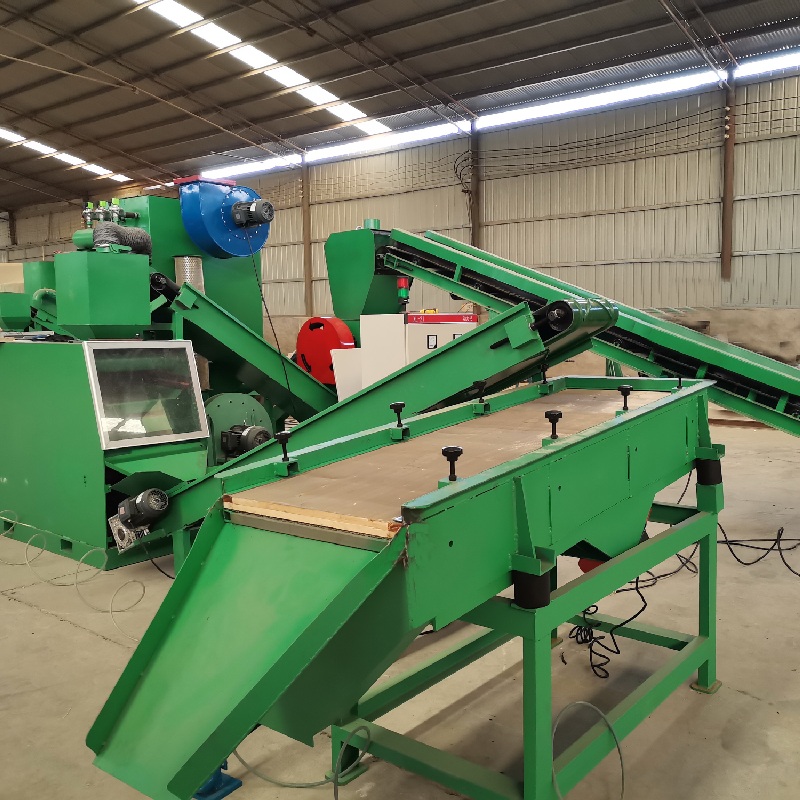

ก.ย. . 05, 2024 19:43 Back to list
Industrial steel shredders are essential machines in the recycling and waste management sectors. Designed to efficiently process and shred large volumes of scrap metal, these robust machines play a crucial role in the sustainable management of steel and other ferrous materials. With the growing need for recycling in today’s environmentally conscious society, the importance of industrial steel shredders cannot be overstated.
At their core, industrial steel shredders operate by utilizing powerful rotating knives or hammers that reduce large pieces of metal into smaller, more manageable sizes. This process facilitates the sorting, transportation, and melting of scrap steel for reuse in new products. The design of these shredders often includes advanced features such as heavy-duty construction for longevity, high-capacity throughput, and adjustable settings to accommodate various types of steel and other ferrous materials. This flexibility allows recyclers to optimize their operations and meet the demands of their specific projects.
One significant advantage of using industrial steel shredders is the reduction of waste. Rather than allowing scrap metal to occupy valuable land space in landfills, shredders help convert this waste into reusable material. The recycling process not only conserves natural resources but also reduces the energy consumption associated with extracting and processing raw materials. Studies have shown that recycling steel can save over 70% of the energy needed to produce new steel from raw materials, highlighting the environmental benefits of shredding and recycling operations.

Moreover, industrial steel shredders contribute to the local and global economy. By processing scrap metal locally, businesses can create jobs and stimulate economic activity within their communities. The recycled steel is then sold to manufacturers, creating a closed-loop economy that minimizes waste while maximizing resource use. This circular economy approach is increasingly embraced by industries seeking sustainable solutions, leading to innovations in recycling technologies and practices.
Furthermore, advancements in technology have significantly enhanced the performance and safety features of industrial steel shredders. Modern machines often come equipped with automated systems for monitoring and controlling operations, ensuring not only efficiency but also worker safety. Features like noise reduction, vibration control, and advanced feeding mechanisms have made these machines more user-friendly and safer to operate.
In conclusion, industrial steel shredders are vital components in the recycling landscape. They not only facilitate the efficient processing of scrap metal but also promote environmental sustainability and economic growth. As the demand for recycled materials continues to rise, investing in advanced shredding technologies will be crucial for businesses aiming to stay competitive while making a positive impact on the environment.
Latest news
Troubleshooting Common Eddy Separator Problems
NewsJul.04,2025
The Role of Metal Recycling Plants in Circular Economy
NewsJul.04,2025
The Impact of Recycling Line Pickers on Waste Management Costs
NewsJul.04,2025
Safety Features Every Metal Shredder Should Have
NewsJul.04,2025
How Industrial Shredders Improve Waste Management Systems
NewsJul.04,2025
How Cable Granulators Contribute to Sustainable Recycling
NewsJul.04,2025